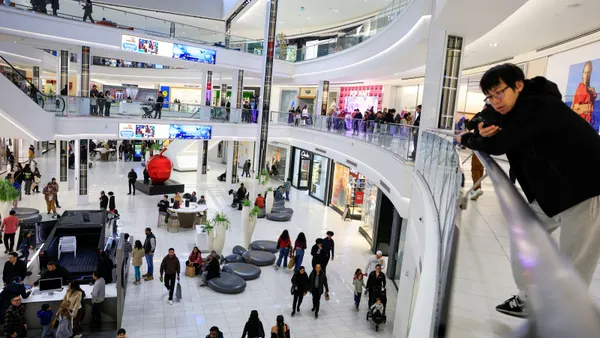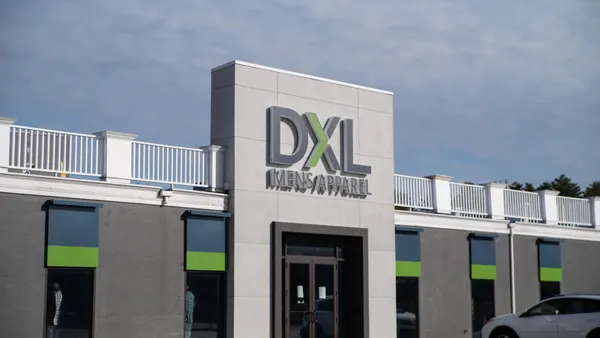Dive Brief:
-
Amazon spent some $9.4 million in lobbying expenses last year, nearly twice as much as it did in 2014, according to the New York Times. The Times used public records from the Center for Responsive Politics in its calculations, which only includes the lobbying expenses Amazon is required to disclose by law.
-
The e-retail giant's global head of policy, Paul Misener, has publicly and privately met with regulators and lawmakers in the U.S. and the European Union as it pushes for new airspace rules that would accommodate its drone program. The Times notes that the company is also advocating for larger trucks to be allowed on U.S. roads.
-
Amazon’s AWS cloud services, widely seen as helping prop up its far less profitable retail operations, enjoys a $600 million cloud computing partnership with the Central Intelligence Agency, making it a major government contractor, the Times notes. And founder Jeff Bezos has owned The Washington Post since 2013, the city’s paper of record.
Dive Insight:
The New York Times paints a picture of Amazon flexing larger and stronger muscles as its lobbying efforts grow in Washington. But it’s not clear how effective its campaigns will be in the long run.
With its own truck fleet, cargo plane leases, drones, and even ocean freight forwarding business, Amazon’s shipping ambitions appear to be coming increasingly into sharp relief. And it’s seeking some considerations under current (and future) rules to move further and faster.
The question on many observers’ minds is whether the retailer is ultimately planning to become a shipper in and of itself—a business akin to its cloud services, say—or the moves are more of a way to keep its own fulfillment costs down.
Time will tell what exactly Amazon’s delivery ambitions are. Certainly it may make a lot of sense for the e-retail giant to maximize efficiencies and build a shipping business as it continues to expand its fulfillment network. Its rising shipping costs are of concern to some investors; Amazon’s Q4 shipping costs jumped 37% to $4.17 billion, which the company attributed to "demand from Prime members" and higher inventory from third-party sellers in its warehouses,
So far, the nation’s biggest trucking companies and FedEx all say they’re not worried about such ambitions, saying that there’s a lot of business to go around.
And while regulators and lawmakers in Washington are infamous for backroom deals that don’t necessarily benefit average people, it could be difficult for Amazon to summon and maintain a bulwark of support for the sake of its retail operations.
“Drones and longer trucks, what are all these efforts for?” consumer advocate Ralph Nader told the Times. “To get you your toothpaste faster?”














